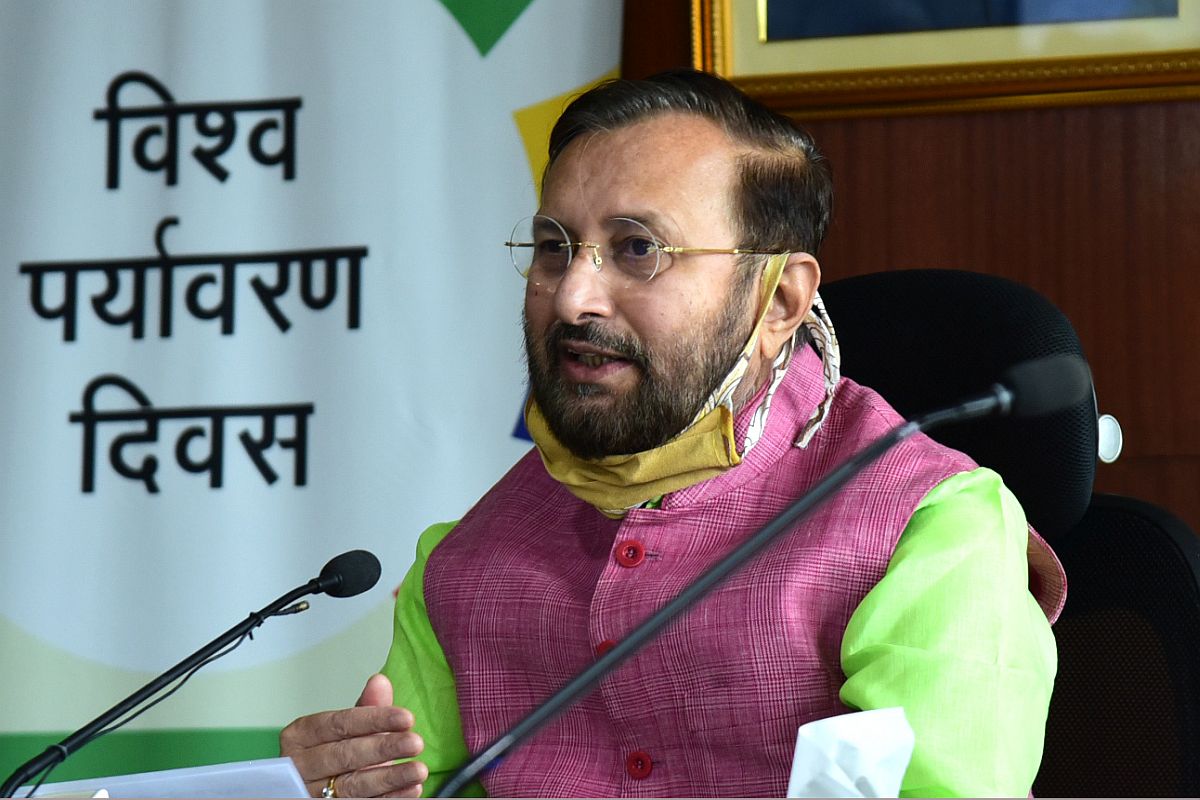The government on Friday announced the implementation of the Nagar van scheme to develop 200 Urban Forests across the country in the next five years.
“The scheme is aimed to develop 200 Urban Forests across the country in next five years with a renewed focus on people’s participation and collaboration between Forest Department, Municipal bodies, NGOs, Corporates and local citizens,” Ministry of Environment, Forest and Climate Change said.
Advertisement
The Ministry celebrates World Environment Day focusing on the theme declared by United Nation’s Environment Programme (UNEP) and organizes several events. This year’s theme is ‘Biodiversity’. In view of the prevalent situation due to COVID-19 pandemic the ministry held virtual celebrations of World Environment Day on this year’s theme with focus on Nagar Van (Urban Forests).
Releasing a brochure on the best practices on Urban Forests and announcing the Nagar Van scheme, Union Environment Minister, Prakash Javadekar said that these forests will work as lungs of the cities and will primarily be on the forest land in the City or any other vacant land offered by local urban local bodies. Stressing on this year’s theme i.e. “Time for Nature” with special focus on biodiversity, Shri Javadekar said “thumb rule is that if we protect nature, nature protects us”.
During the Environment Day Celebrations, a film was played which narrates how the initiatives of Punaikars along with Forest Department and local body has converted 16.8 ha of a barren hill into green forests.
Today, the forest is rich in biodiversity with 23 plant species, 29 bird species, 15 butterfly species, 10 reptiles and 3 mammal species. This Urban Forest project is now helping maintain ecological balance, serving both environmental and social needs. The Warje Urban Forest is now a role model for the rest of the country.
Stressing on this year’s focus on Biodiversity the Environment Minister said ,“India has 8 percent of world’s biodiversity, despite having many constraint like only 2.5 % of the world’s landmass, has to carry 16% of human as well as cattle population and having only 4% of fresh water sources; the mega biodiversity that we have is the result of Indian ethos which is to be in sync with the nature.”
The event also saw virtual participation from Executive Director, United Nation Convention to Combat Desertification, (UNCCD), Ibrahim Thiaw and Executive Director United Nation Environment Programme(UNEP), Inger Andersen.











